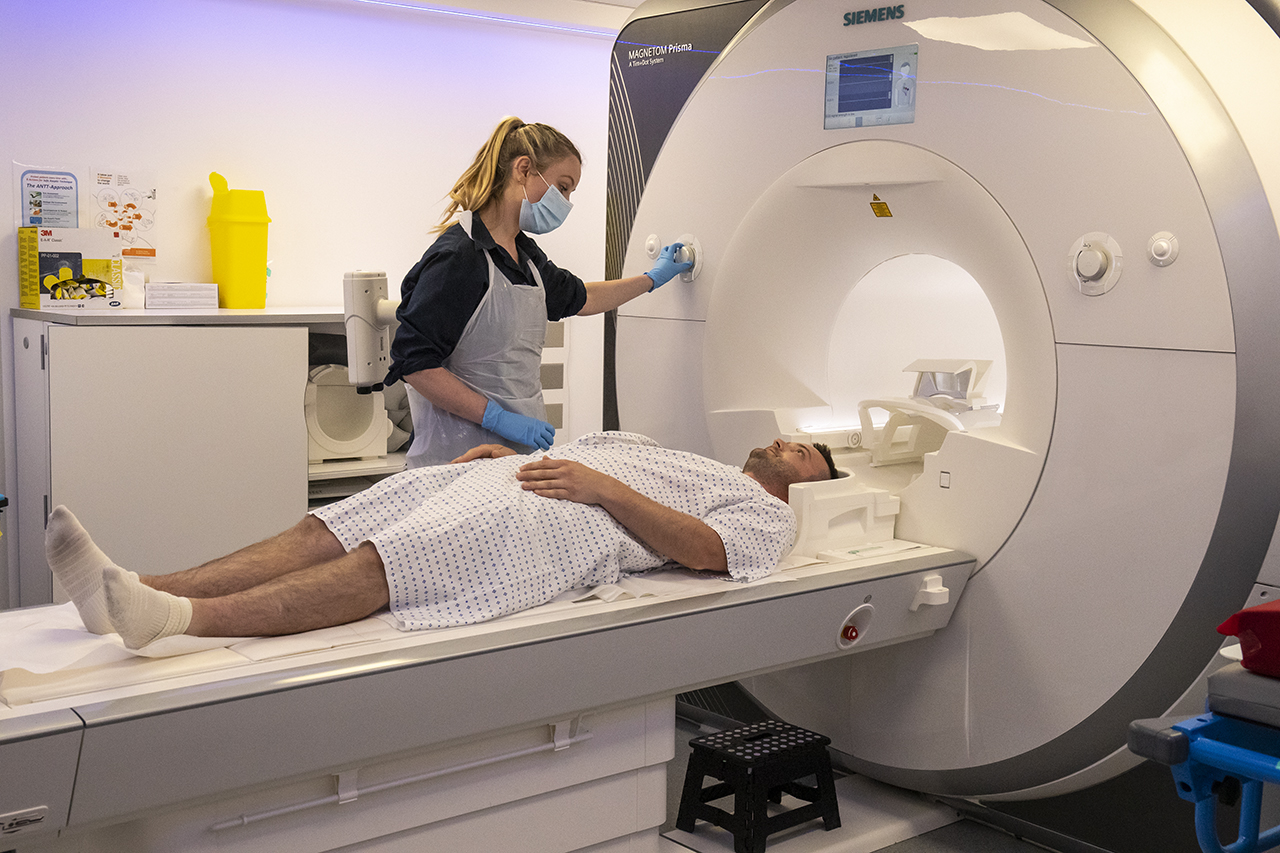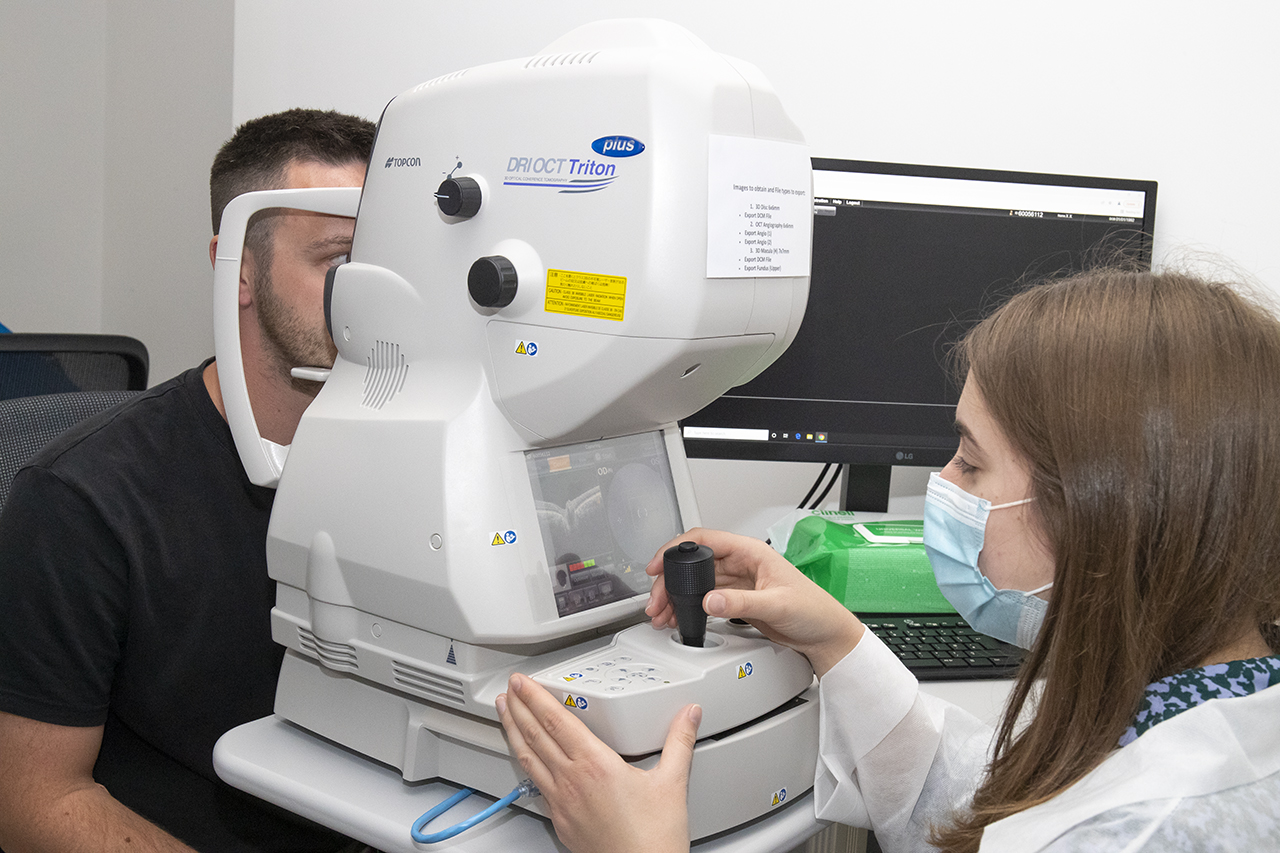About the Study

Convalescence long COVID Study
Coronavirus post-acute long-term effects: constructing an evidence base (Convalescence Study)
Convalescence is a NIHR-UKRI funded study (3 years from March 2021) that will use data from established population cohorts and national anonymised electronic health records to achieve the following aims.
There are 4 Research Themes:
- Long COVID definition
- Long COVID risk
- Long COVID outcomes
- Methods to improve long COVID diagnosis and management
Aims:
- How can we best define long COVID?
- What are its risk factors and mechanistic pathways?
- What are the consequences for physical and mental health, and for work, education and social and familial relations?
- Can we enhance diagnosis and management through GP records?
- Convalescence is a multi-disciplinary collaboration between many universities and the National Institute for Health and Care Excellence (NICE).
These will allow us to:
- Create an evidence-based definition of long COVID sub-phenotypes
- Identify new and bespoke interventions to support people with long COVID informed by understanding mechanisms of different long COVID phenotypes
- Inform interventions at the time of infection, and assist in planning of health care services
- Improve care and support for people with long COVID

Our research approach includes:
- Analysis of existing data in national anonymised electronic health records and longitudinal studies
- Parallel qualitative interviews of study participants
- Detailed phenotyping of long COVID cases and controls from longitudinal studies via
- Non-invasive imaging of brain, heart, lungs & muscles
- Remote monitoring of mental and cognitive health
- Wearables to assess physical capability and sleep
- Pilot primary care record pop-up reminders for diagnosis and management in collaboration with NICE
- Participant and public involvement and engagement throughout the research
‘Convalescence embraces the recovery of a multitude of physiological processes in an individual who has suffered from trauma, disease, or an operation. These various physiological processes recover at different rates and the recovery of many is not manifested by any marked objective or subjective signs. There finally comes a time when the patient is conscious of his return to normal and is again ready for work. This transformation from illness to health is often dramatic and is frequently not accompanied by any sign which the physician can detect. The study of convalescence is concerned with the analysis of these disturbances.’
Robert W. Keeton, F.A.C.P., Warren H. Cole, Nathaniel Calloway, Nathaniel Glickman, H. H. Mitchell, J. Dyniewicz, D. Howes
Electronic Health Records
Cohorts
Established in 1991, the Avon Longitudinal Study of Parents and Children (ALSPAC) charts the lives of 14,500 people born in the former county of Avon between April 1991 and December 1992 as well as the lives of their parents and children.
The 1970 British Cohort Survey (1970BCS) follows the lives of 17,198 people born in England, Scotland and Wales in a single week of 1970.
Born in Bradford (BiB) tracks the health and wellbeing of over 13,500 children, and their parents born at Bradford Royal Infirmary between March 2007 and December 2010.
The English Longitudinal Study of Ageing (ELSA) tracks the health, social, wellbeing and economic circumstances of over 10,000 people aged 50 and older in England.
Generation Scotland is a resource of human biological samples collected from over 30,000 people across Scotland.
The Millennium Cohort Study (MCS) follows the lives of 19,517 children born across England, Scotland, Wales and Northern England in 2000-01.
The 1958 National Child Development Study (NCDS) follows the lives of 17,415 people born in England, Scotland and Wales in a single week of 1958.
Next Steps follows 16,000 young people who were in Year 9 in 2004 at state or independent secondary schools across England.
The MRC National Survey of Health and Development (NSHD) is the oldest and longest running of the British birth cohorts; it follows the lives of 5,362 men and women born in England, Scotland and Wales in March 1946.
The Southall & Brent Revisited (SABRE) cohort follows 4,858 European, Indian Asian and African Caribbean men and women living in the UK.
With 15,000 participants, TwinsUK is the UK’s largest adult twin registry and the most clinically detailed in the world. TwinsUK aims to investigate the genetic and environmental basis of a range of complex diseases and conditions.
Understanding Society is the largest longitudinal household panel study of its kind, following 40,000 UK households annually.
